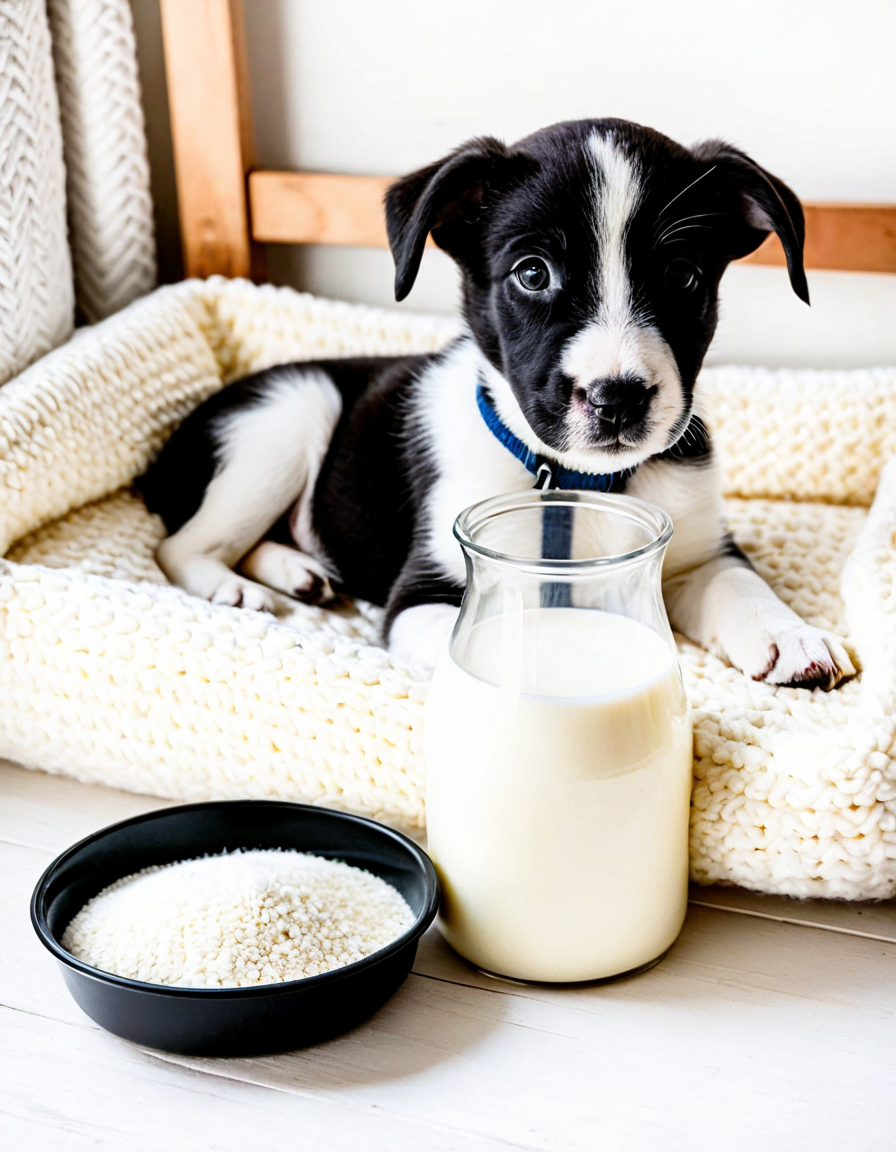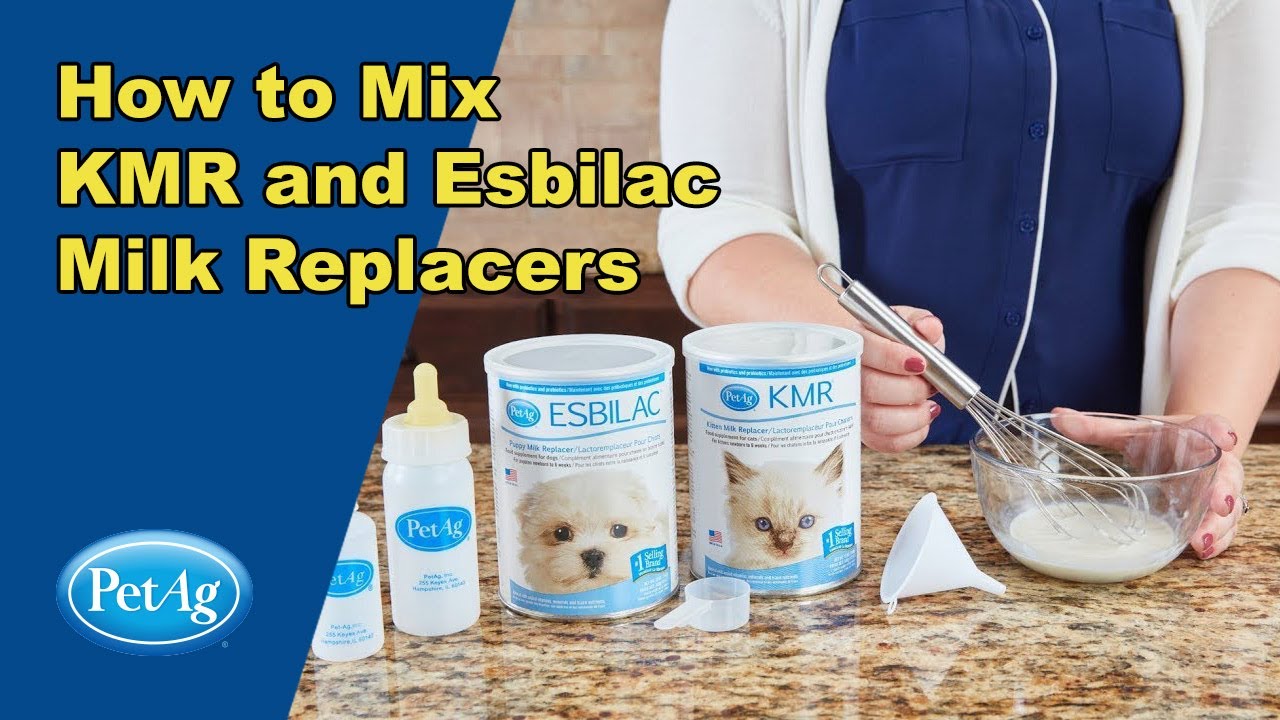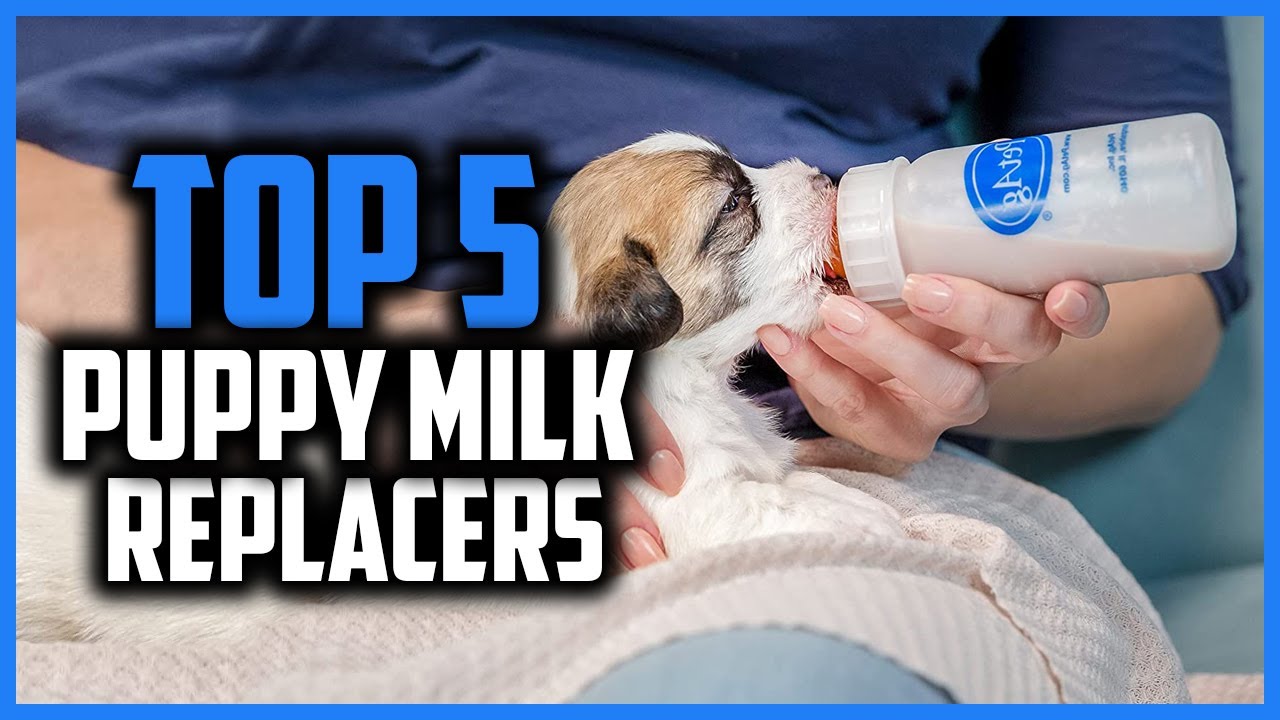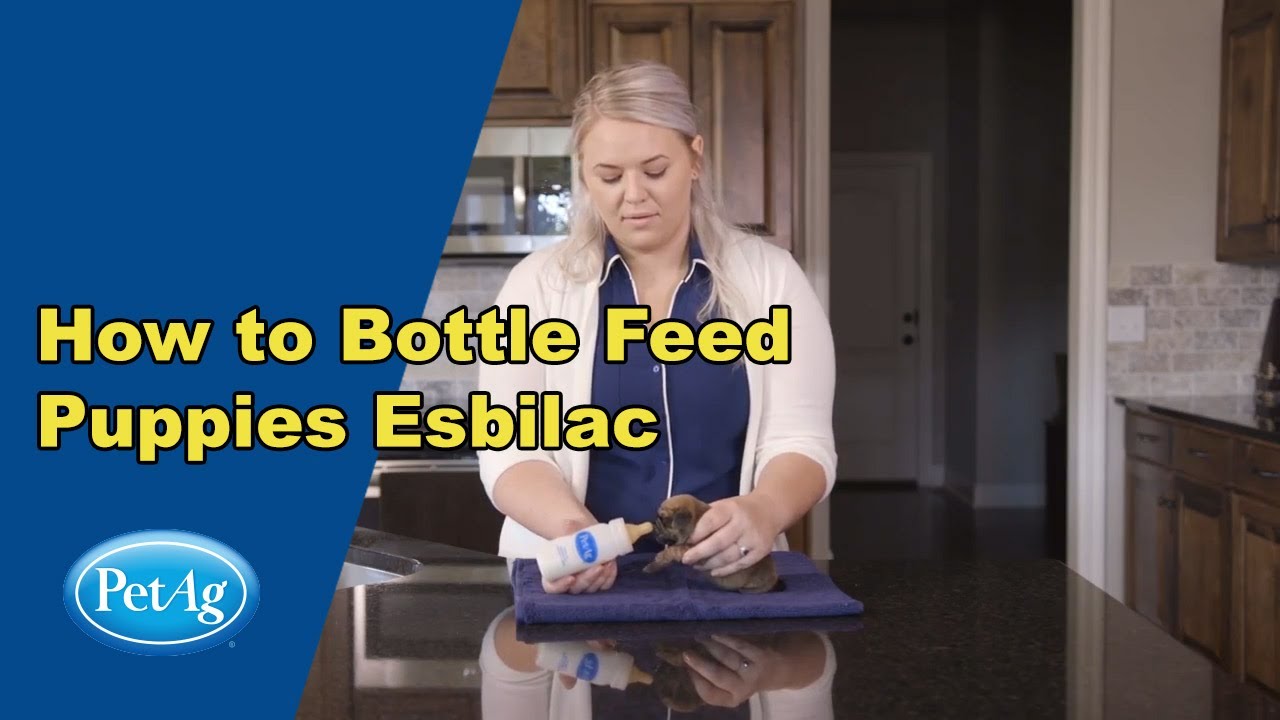Understanding Milk Replacer for Puppies
The nutritional needs of puppies during their early weeks are critical for their development. For orphaned or nursing puppies whose mother’s milk is unavailable or insufficient, a high-quality milk replacer for puppies can make all the difference. Formulated to closely mirror the composition of a mother dog’s milk, these products provide vital nutrients necessary for healthy growth and immune system development.
Puppies require specific ratios of proteins, fats, carbohydrates, vitamins, and minerals that are significantly more complex than adult dogs. For instance, they need more protein and fat to support rapid growth. A good milk replacer helps fill the nutritional gap, promoting stronger lives and healthier immune responses. The right formulation can impact a puppy’s health, development, and behavior, making it critical for pet owners to choose wisely.
In addition to providing calories, quality milk replacers also include essential fatty acids, vitamins, and minerals. Many are fortified with DHA, which is known to support brain and eye development. Without proper nutrition, puppies can face serious health challenges, including delayed growth, weakened immune systems, and lifelong health issues.
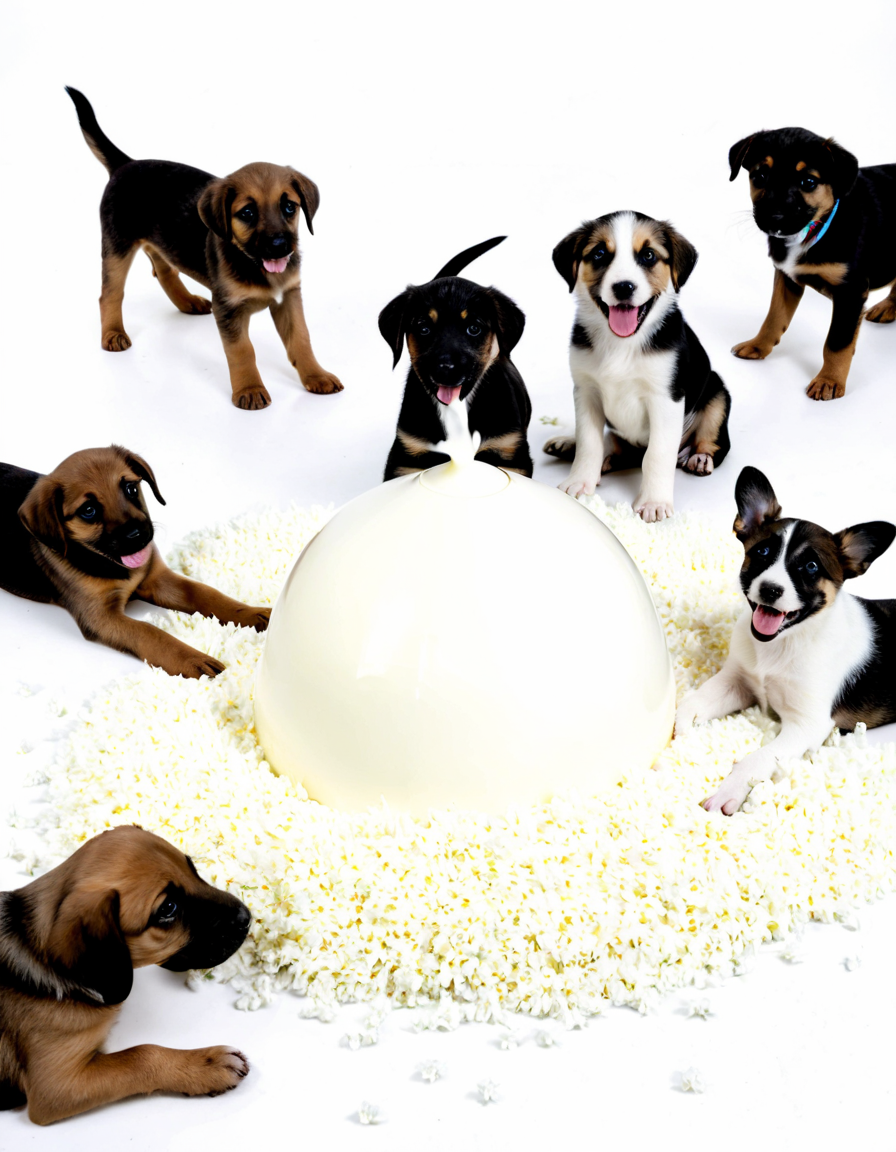
Top 5 Milk Replacers for Puppies
Selecting the best milk replacer for puppies involves understanding their developmental needs. Here’s a list of five highly rated milk replacers that suit different breeds and sizes:
Choosing from these options gives pet owners peace of mind knowing they’re providing adequate nutrition for their precious pups. Each product has been formulated with the utmost care for specific puppy needs.
The Role of Milk Replacers in Healthy Puppy Growth
Milk replacers offer a balanced mix of nutrients essential for puppies. Inadequate nutrition during the first few weeks can lead to growth deficiencies and a weakened immune system. Signs of insufficient nutrition can present as lethargy, poor weight gain, and noticeable behavioral changes.
The feeding method and frequency also play critical roles in a puppy’s growth. Using a bottle feeder mimics the natural nursing process, aiding digestion while also enhancing the bond between the puppy and caregiver. Generally, it’s recommended to feed puppies every two hours initially, gradually increasing the spacing as they grow.
When handled correctly, milk replacers can help promote both physical and mental well-being. Investing time in establishing a proper feeding routine not only nurtures the body but also contributes to puppies developing strong personalities. This early nurturing sets the stage for confident, social adult dogs.
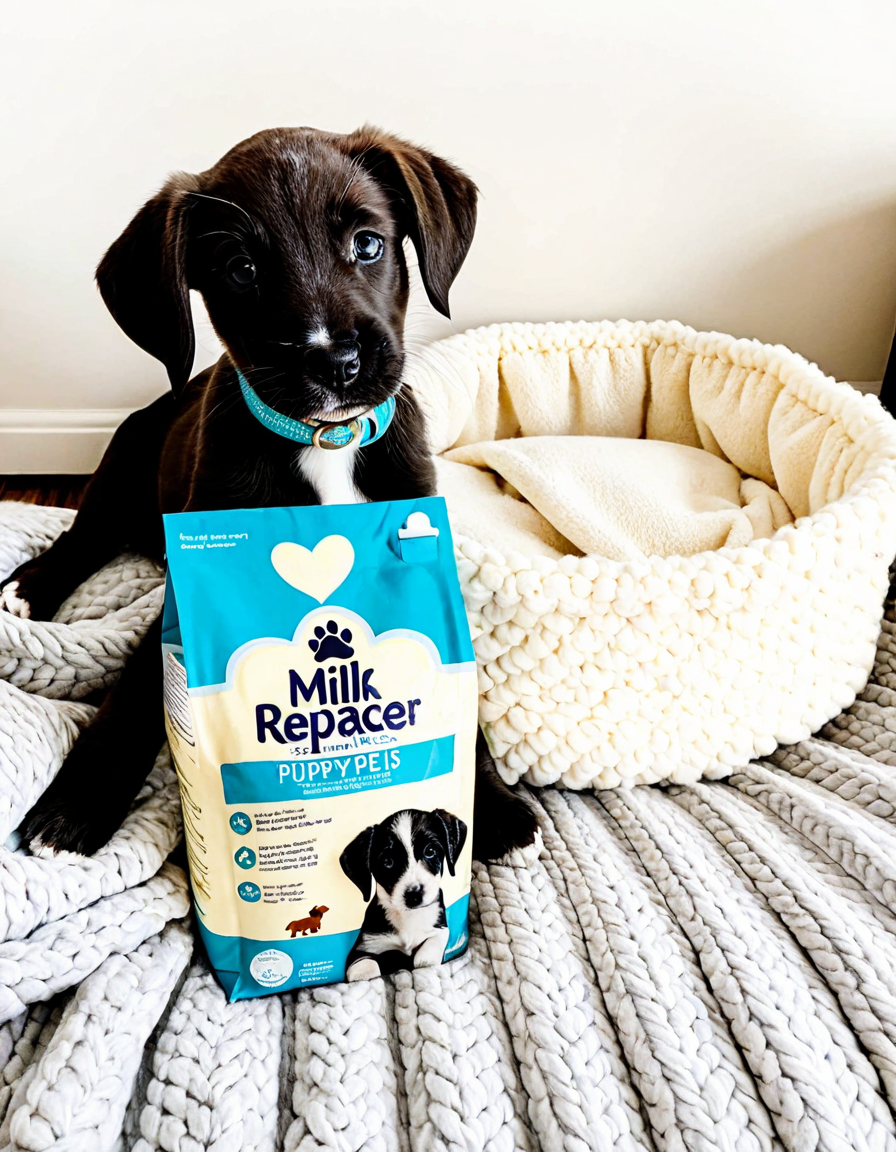
Best Practices for Introducing Milk Replacers
When transitioning a puppy to milk replacer, it’s essential to employ structured methods to ensure acceptance and health. Start with small amounts of milk replacer mixed with water. This gradual introduction allows puppies to adjust to the taste and texture. Over several days, increase the concentration until they’re solely consuming the replacer.
Monitoring for signs of intolerance, such as diarrhea or vomiting, is crucial. If these Symptoms occur, consult a vet for guidance. Some puppies may have underlying health issues that require additional care.
Providing a calm, warm environment can also help make the transition smoother. Puppies thrive on consistent routines, so stick to a feeding schedule that works for you and them. Making mealtime a positive experience can go a long way in building trust between you and your new furry friend.
Enhancing Puppy Nutrition: The Best Dog Treats for Puppies
As puppies grow, incorporating solid food and high-quality treats into their diet becomes an important step. Here are some of the best dog treats for puppies:
Incorporating these high-quality treats not only aids in training but also strengthens the bond between you and your pup. Always keep moderation in mind; treats should complement a balanced diet rather than replace it.
Teething Troubles: Best Chew Toys for Puppies
As puppies start teething, providing appropriate toys is essential to alleviate their discomfort. Here are some of the best teething toys for puppies:
Having the right chew toys allows puppies to relieve teething discomfort while discouraging improper habits, like chewing on furniture or shoes. Ensuring they have adequate outlets for their chewing instincts will make for a more harmonious home.
Unique Insights on Milk Replacers and Overall Puppy Care
The role of milk replacers in a puppy’s early life extends far beyond mere nutrition. Recent research indicates a correlation between early nutritional practices and long-term health outcomes, such as the risk of obesity and behavioral issues later in life. Pet owners should view milk replacer as a crucial foundation for their puppy’s health and behavior.
Furthermore, combining milk replacers with proper treats and toys fosters a holistic approach to puppy care. Nutrition and bonding through safe play and positive reinforcement collectively shape a well-adjusted dog.
Embarking on a puppy care journey is filled with challenges and joy. From choosing the right milk replacer for puppies to ensuring they have the best dog treats for puppies and appropriate chew toys, every decision counts. The choices made today create a robust foundation for a happy and healthy adult dog tomorrow.
Milk Replacer for Puppies: Fun Facts and Trivia
The Basics of Milk Replacer
Did you know that milk replacer for puppies isn’t just a simple substitute? It’s packed with vital nutrients that mimic mother dog’s milk. These special formulas often contain the right balance of protein, fats, and vitamins. Just like how a reptile leash for bearded dragon guides your pet safely outside, milk replacers help puppies grow strong and healthy. If the mom isn’t around, this is a lifesaver. Imagine needing a meal but having no food in sight; that’s why replacements were created for pups.
Essential Nutrients for Growth
Milk replacers also play a significant role in immune system support, providing antibodies much like those found in a mama dog’s milk. It’s pretty fascinating how these formulas aid in building a puppy’s defense against disease. Just as plants for betta fish offer a natural habitat, quality milk replacer creates a nurturing environment for young canines. Plus, a fun fact: certain brands even have added probiotics, which help gi tract health—a critical piece of puppy care.
Historical Tidbits
Looking back, did you know that milk replacer for puppies has a history that dates back to the 1930s? Vets began formulating these doggy delicacies in response to rising concerns about orphaned or rejected puppies. Just like in the show Little Rascals, where friendship and survival often collide, these puppies needed their chance at life. For curious folks who love trivia, there’s an entire community discussing these adorable pups, all the while sharing stories reminiscent of the Sasquatch Chronicles—legendary and endearing!
When it comes to feeding these tiny furballs, always refer to the instructions on the milk replacer package—think of it as following the rules of the latest Yandex Games for the best experience! Remember, your puppy’s well-being hinges on proper nutrition, so keep that handy knowledge about milk replacer for puppies close at paw!
